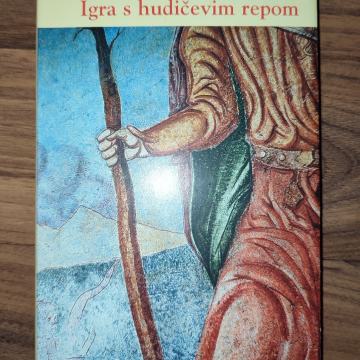
For his novel Rojstvo v nevihti (Birth in a Storm) he was awarded his first Prešeren Award the same year. After World War II, until 1947, when he fully dedicated himself to writing, he served at Radio Ljubljana as the cultural program's chief editor. Īfter the Axis invasion of Yugoslavia in April 1941, as member of the Sokol athletic movement he joined the Liberation Front and participated in its underground activities in the annexed Province of Ljubljana until the authorities sent him to the Gonars concentration camp in 1942.Īfter the capitulation of Italy, in 1943 he joined the Slovene Partisans, first in combat units and soon after in the cultural unit, where he was assigned to write resistance propaganda theater plays. Upon returning home, he enrolled in the University of Ljubljana's Faculty of Engineering, which he did not graduate from, and read medical textbooks in an attempt to better understand his emotional condition. After leaving the country, he traveled for years-earning money as a sailor, ship's stoker, house painter in France, ski instructor, and professional boxer-across the Mediterranean, the Middle East, and North Africa, all before the outbreak of World War II. As a result, he was prohibited from graduating from secondary school in Yugoslavia. At age 18, Zupan played Russian roulette and shot a friend in the head, killing him. His mother was a teacher and his father, a soldier, was killed in the First World War.

Zupan was born in Ljubljana, then part of Austria-Hungary.


 0 kommentar(er)
0 kommentar(er)
